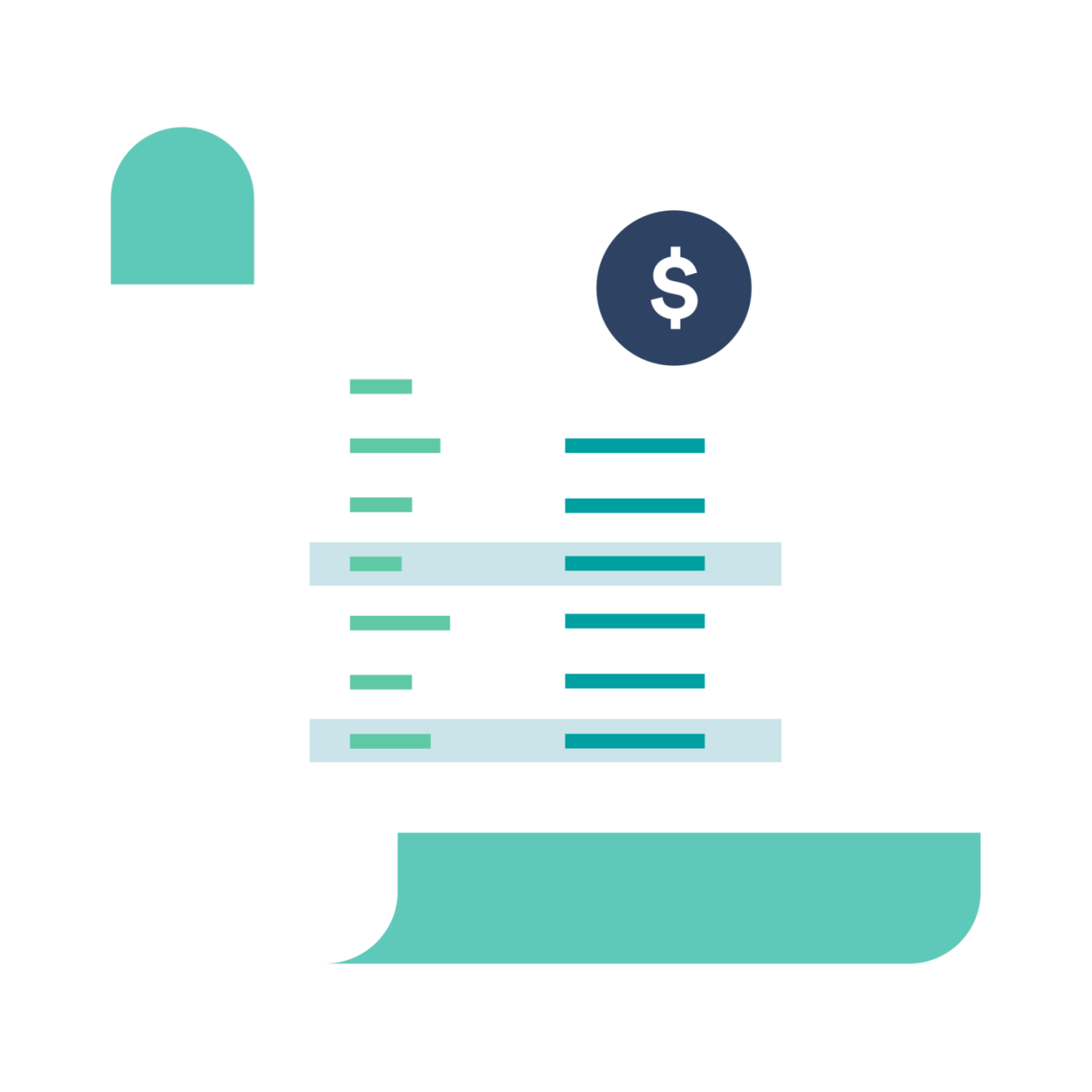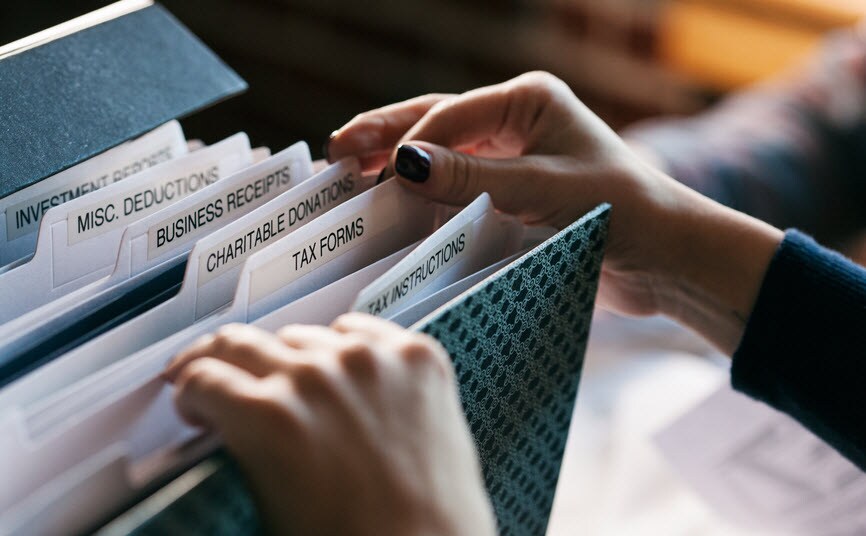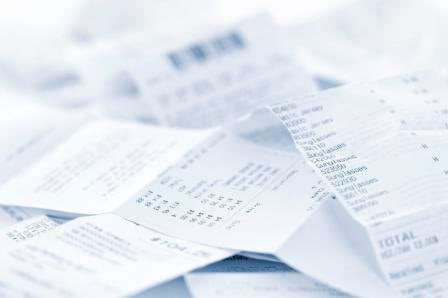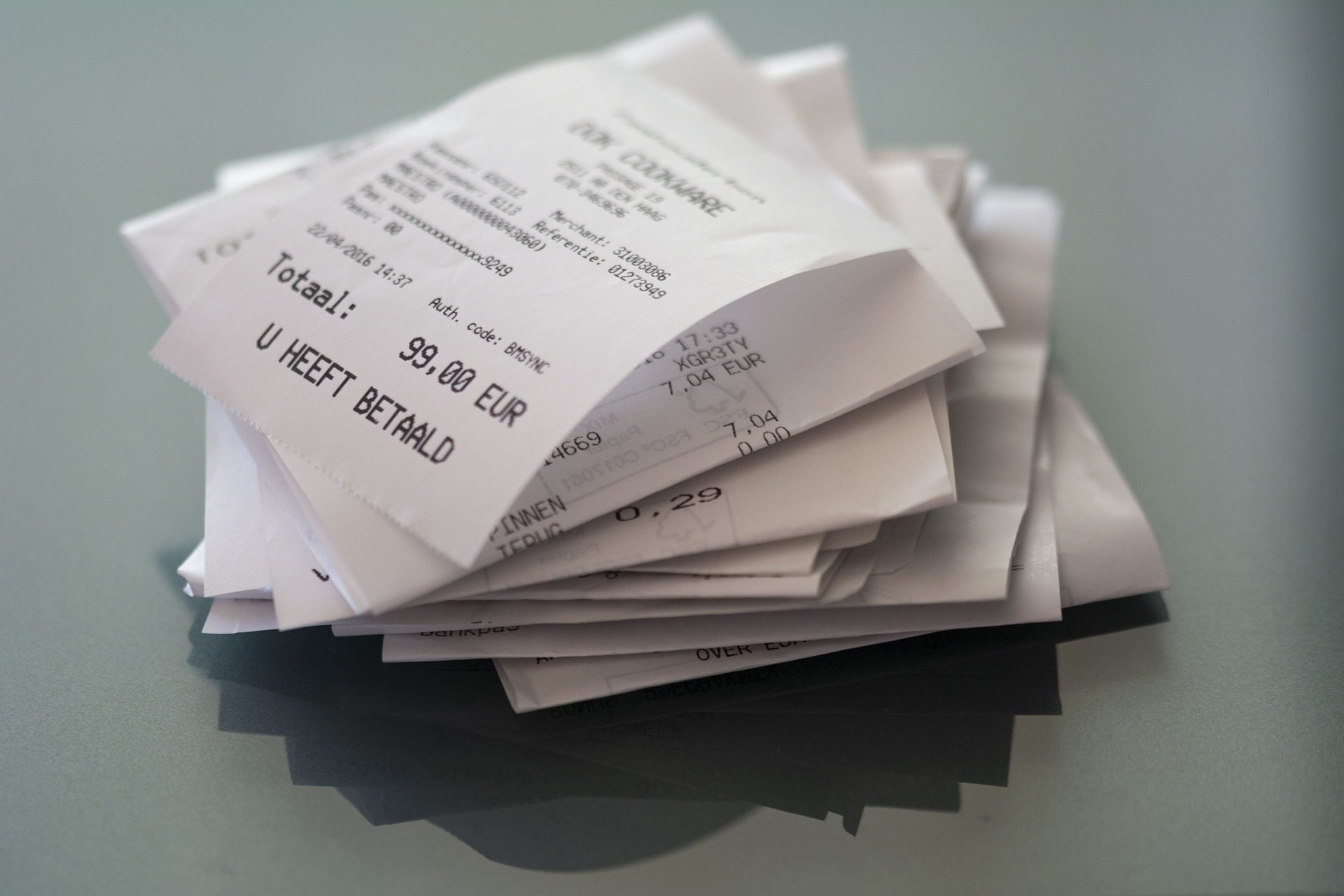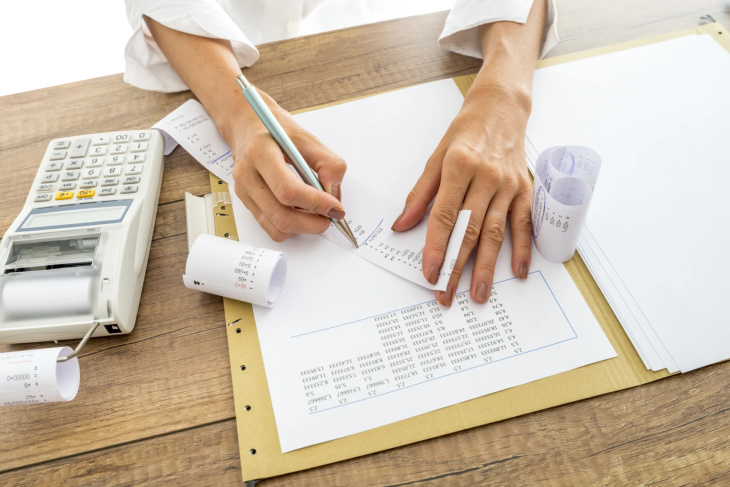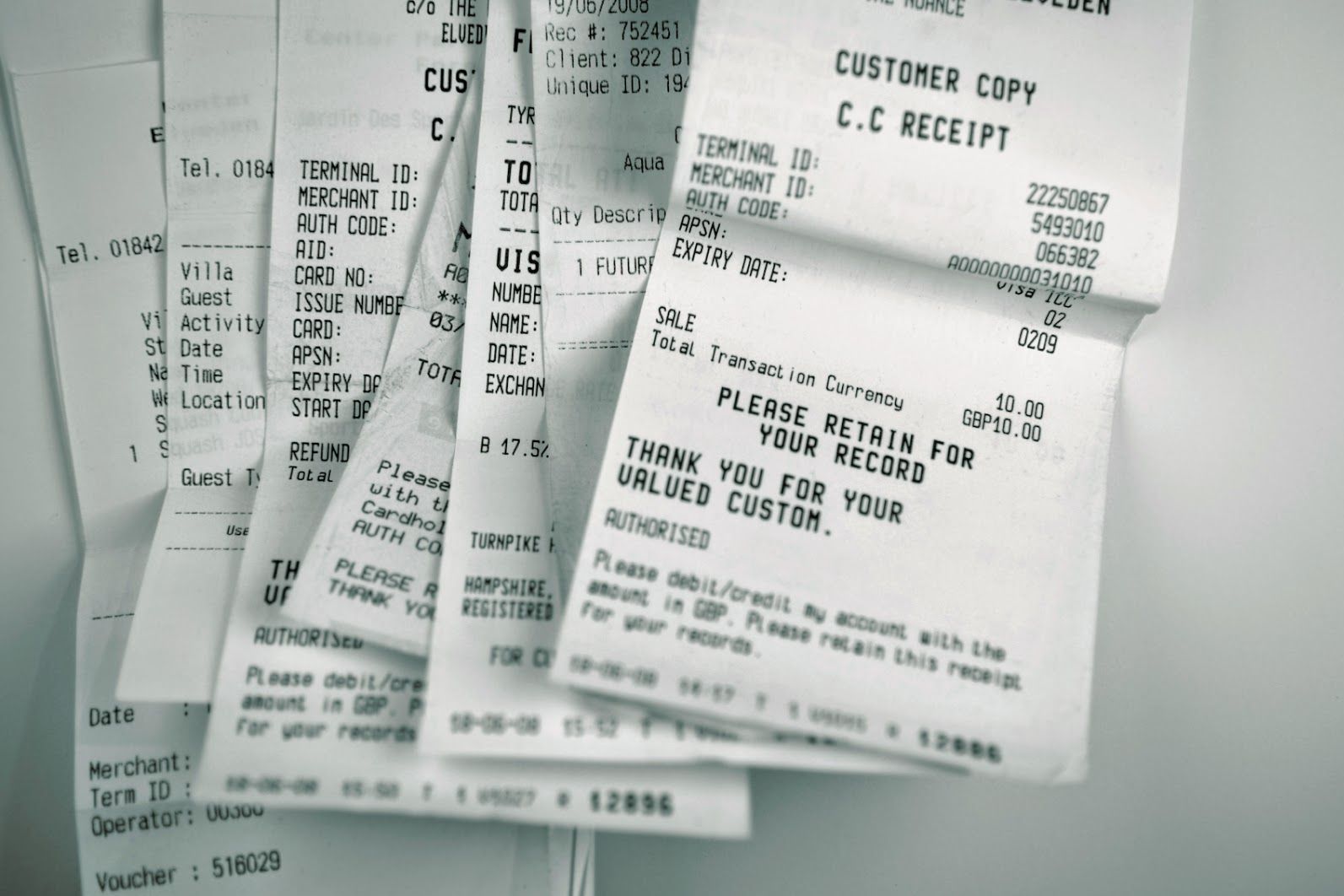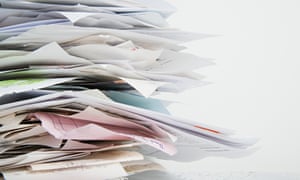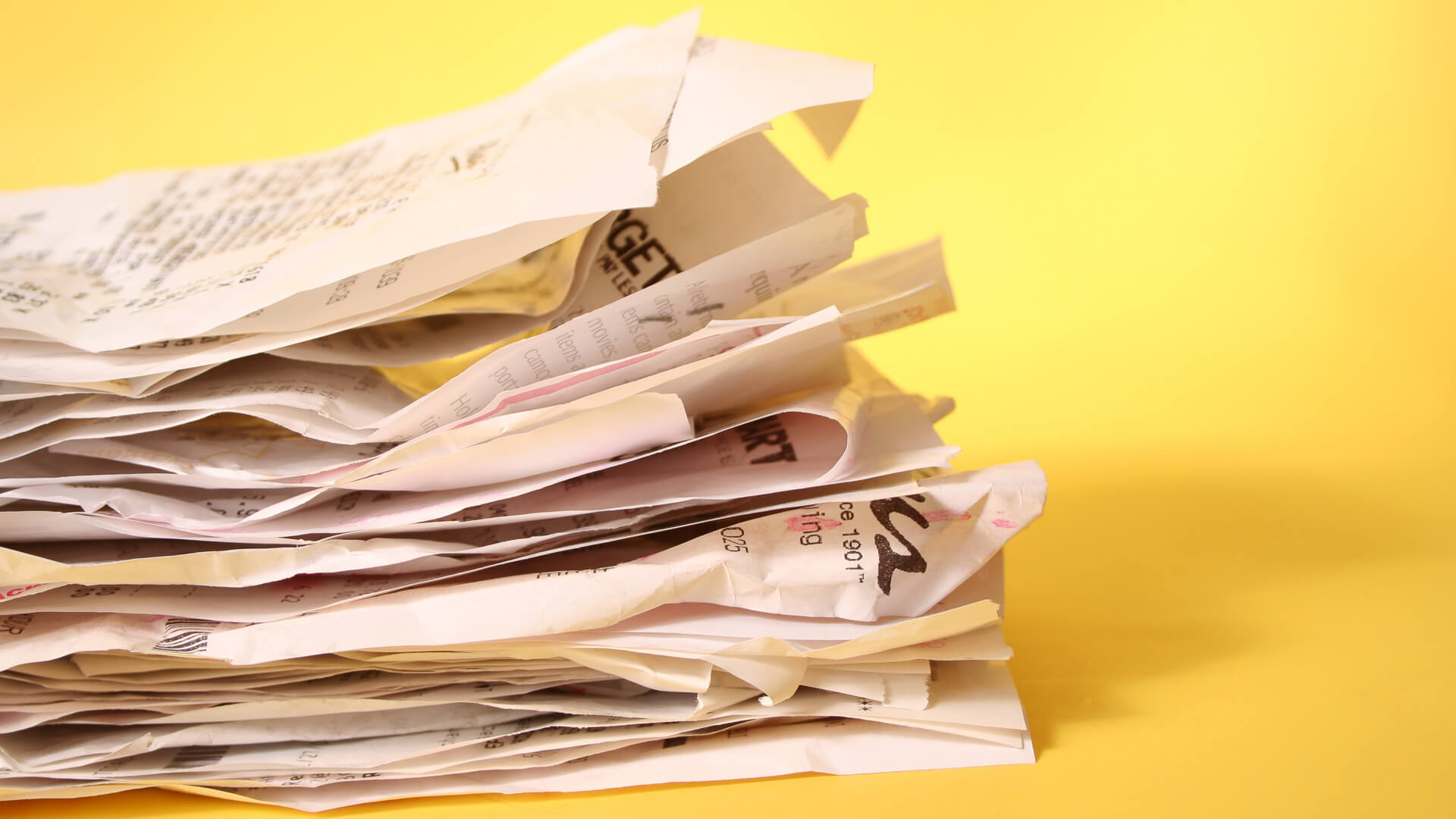Keeping Receipts For Small Business

Keep records indefinitely if you file a fraudulent return.
Keeping receipts for small business. You should keep supporting documents that show the amounts and sources of your gross. If you are going to claim a. Use the atos record keeping evaluation tool to decide what records your business needs to keep as well as to check how well your business is currently keeping your records. Keep receipts or other acceptable records of every payment to and every expenditure by your business.
Neat lets you use your phone to scan in receipts or mail in paper copies using their magic envelopes they use their scanning technology to grab information from your. The following are some of the types of records you should keep. Keeping track of receipts for your small business is very important. Take a picture with your.
One example of keeping business receipts organized is to keep a series of file folders labeled by month and year such as receipts november 2017. The eight small business record keeping rules. The irs is not a big fan of estimating your expenses. There are so many different ways to keep your receipts and paperwork organized for your small business but neat is the 1 top tool that i love recommending to my clients.
Go to the ato website to find out more about managing your small business records. Make notes on receipts about their business purpose. Always keep receipts bank statements invoices payroll records and any other documentary evidence that supports an item of income deduction or credit shown on your tax return. The actual process of keeping your books is easy to understand when broken down into three steps.
Create receipts invoices and tax invoices. Keep records indefinitely if you do not file a return. It keeps you organized keeps you on budget and can be a big money saver when you file deductions at tax time. Keep employment tax records for at least 4 years after the date that the tax becomes due or is paid whichever is later.
Scan receipts and keep them at least six years. Most supporting documents need to be kept for at least three years. The following questions should be applied to each record as you decide whether to keep a document or throw it away. For instance organize them by year and type of income or expense.
7 tips for keeping receipts organized for tax time. The two most current file folders can sit on top of your desk so that when you collect receipts on your various rounds its easy to pop them into the correct monthly folder.





